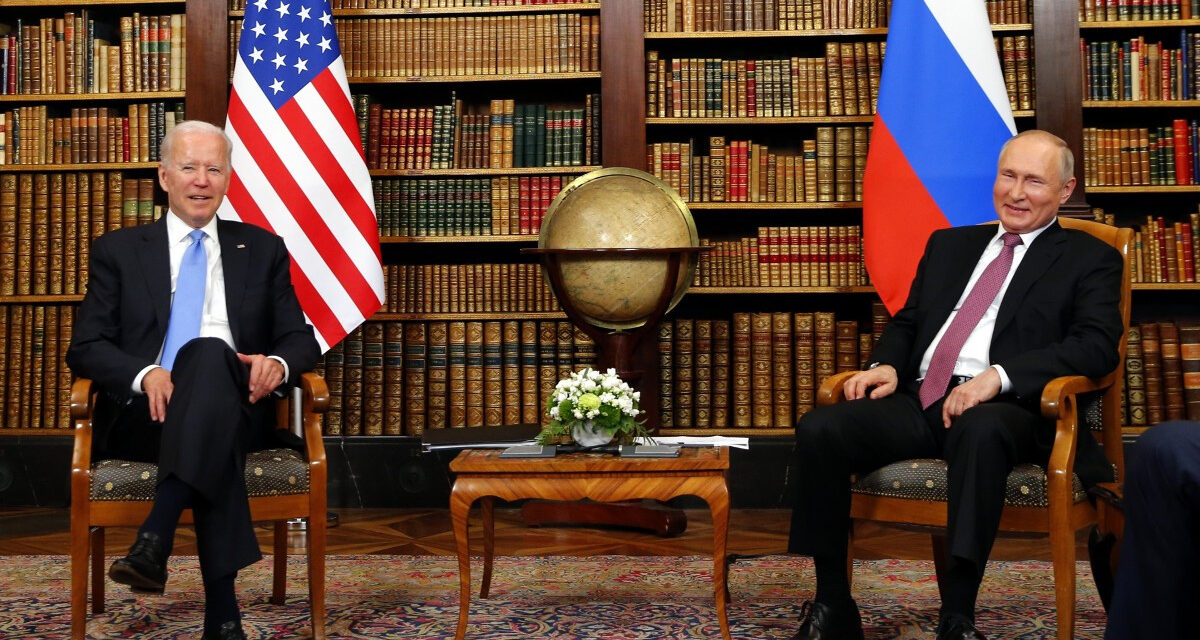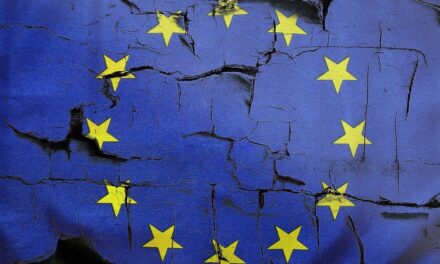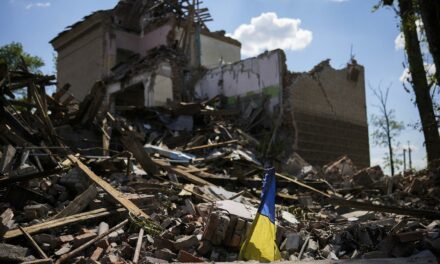As Russia builds closer ties with China and other Asian countries, including India, Iran, Saudi Arabia and the Gulf states, it may turn away from European democracies and the United States for good. Washington has to face harsh strategic realities, writes The National Interest. Balázs Orbán, political director of the prime minister, drew attention to the analysis published on the portal of the American foreign policy magazine on his Facebook page. According to the politician, the paper points out that the Western strategy has failed and that "today we are sitting in a car with flat tires on all four wheels" . The author's findings also support the goal set by the Hungarian government in the current international situation, according to which
"Hungary should be a local exception in the global recession caused by the war and the failed Western sanctions policy".
The main findings of the article are as follows:
- China and Russia become closer allies: with the outbreak of war, Russia lost Europe as its number one energy consumer, so it turned to Asia. A close energy relationship has developed between China and Russia, which means greater independence from the West for both countries.
- Two thirds of the world's population live in countries that did not side with the West regarding the Russian-Ukrainian war: at the UN General Assembly, many countries did not support the Western position and refrained from condemning Russia for its invasion of Ukraine.
- Western energy sanctions have backfired: the West complains that Russia is using its oil and gas exports as a weapon, but in fact it was Brussels and Washington who first raised the "energy sword" with the sanctions. And these caused inflation and severe supply disruptions in Western economies
As the author explains, since the beginning of the war, Russia has replaced Saudi Arabia as China's number one supplier of oil. It is true that transfer capacity limits the amount of fossil fuel sales in China in the short and medium term. Currently, there is only one land-based crude oil pipeline (ESPO) and one currently operating gas pipeline (Power of Siberia) leading from Russia to China, the transport takes place with some additional sea routes, he adds.
In the coming years, China and Russia will undoubtedly make significant investments to expand oil and gas transport between the two countries, and closer energy relations will also contribute to the strengthening of their strategic alliance. Because China has a dedicated energy supplier in its backyard, it provides it with much greater strategic flexibility vis-à-vis the United States and its allies in the Indian and Pacific Oceans – to the detriment of Western democracies.
At the same time, Russia also engaged in significant energy deals with India from the beginning of the war. The second most populous country in the world takes a neutral position regarding the war in Ukraine, and abstained from voting at the UN condemning Russian aggression. Before the invasion of Ukraine, India bought almost no crude oil from Russia, and today it imports more than 760,000 barrels of the energy carrier per day, and has also significantly increased its coal imports. In July, Russia became India's third largest supplier of coal , with imports increasing by more than a fifth compared to June, to a record 2.06 million tons.
In addition to the new and increasingly intense energy supply relationship, Russia has long been the primary arms supplier to the Indian military, and the Asian giant also appreciates Moscow's steadfast support in the Kashmir issue. The Indian response to the Russian-Ukrainian war is therefore understandable, and excludes India from joining a Western alliance that is opposed to the Beijing-Moscow axis.
Another bad news for the West is that India was not the only one to abstain from the UN General Assembly's resolution condemning Russia: in addition to it, 34 countries - together comprising two thirds of the world's population - refrained from cracking down on the Russians.
According to the paper, the United States is apparently struggling to process these new strategic circumstances. Western energy sanctions have backfired to some extent, causing serious inflation and supply disruptions, mostly in the member states of the European Union. In the hope of stabilizing the energy markets, Brussels has already quietly taken steps to ease retroactive energy sanctions. While the West whines that Russia is using its oil and gas exports as a weapon, the reality is that Brussels and Washington first raised the "energy sword" when they announced their intention to curb Russian energy carriers, writes the National Interest.
The analysis also covers the role of NATO. As they write, as one of the positive outcomes of the Russian-Ukrainian war, the transatlantic defense alliance supporting Ukraine in the conflict was reborn, in fact: it will be even stronger if Finland and Sweden join . It is negative that, with the exception of the Baltic states and Poland, the United States bears a much greater than proportional burden in supporting Ukraine compared to the other alliance partners. The US provided $54 billion in military aid to Kyiv until May 20 this year. The United Kingdom was a distant second with $2.5 billion, followed by Poland with $1.62 billion and Germany with $1.49 billion. By the beginning of the summer, Washington had given Kyiv more than three times as much aid as all EU member states combined.
All of this is also interesting because Russia's military aggression poses a far greater threat to European allies than it does to the United States, 5,700 miles away from the war, across the Atlantic.
The case of Ukraine is another example of Western Europe's dependence and subjugation on the American leadership and military. However, this will not change until American foreign policy is freed from its seven decades of conviction that only the United States can lead NATO and provide the alliance's military backbone.
The United States must adapt, all the more so because NATO's Article V defense commitments are limited to the Atlantic region. If China, North Korea or Russia were to attack Pearl Harbor, Hawaii or Guam in the Pacific Ocean, NATO's collective defense commitments under the treaty would not apply to this conflict, the author points out.
If the United States continues to bury itself in the historical assumptions that led to the creation of NATO in 1949, things will only get worse for overstretched American military resources and capabilities.
The United States is no longer the sole dominant power in the world. Sooner or later, more and more proportionate burden-sharing will be needed in the Western federal system to cope with the reality of an increasingly multipolar world.
- writes the National Interest.
Source: hirado.hu
Photo: AFP













